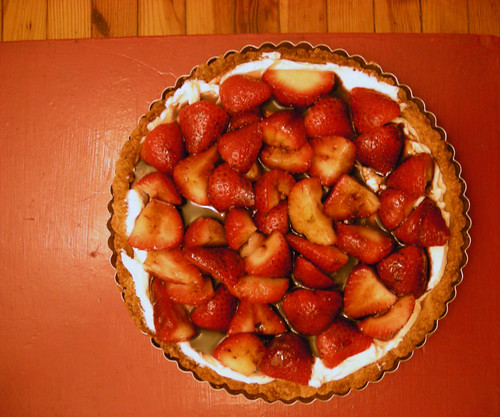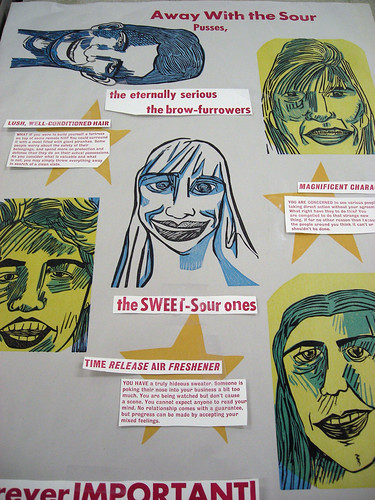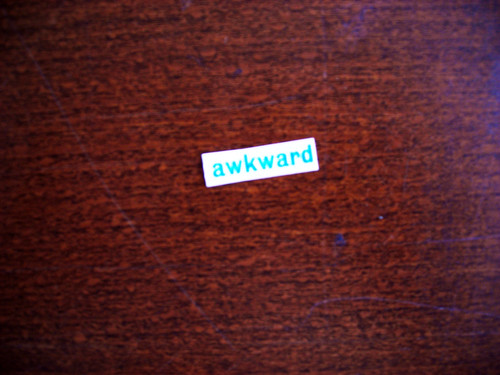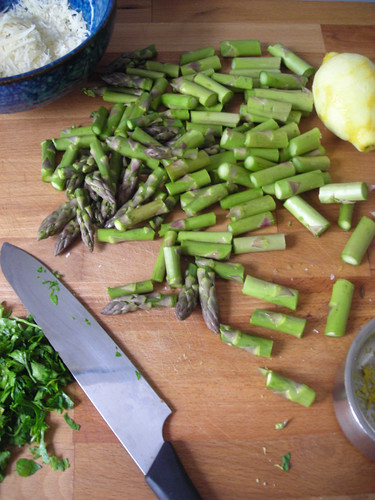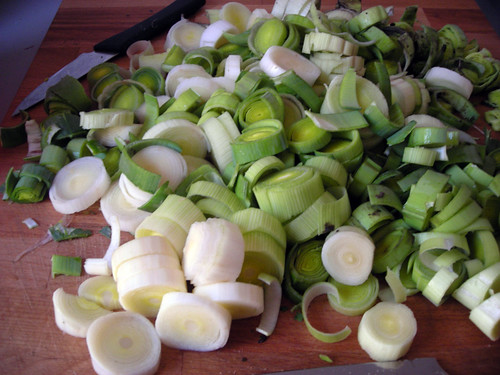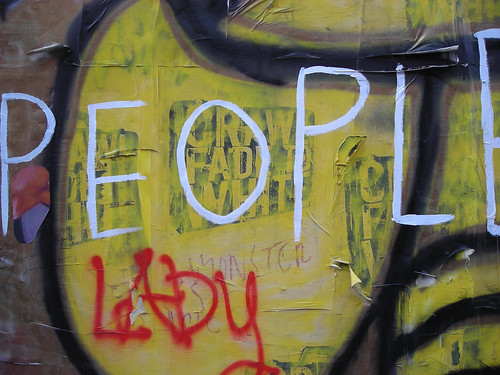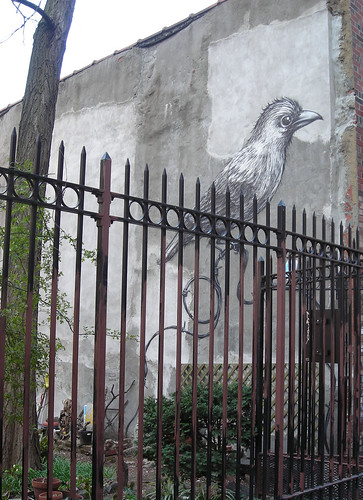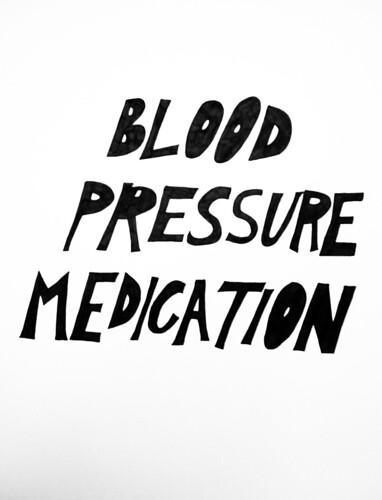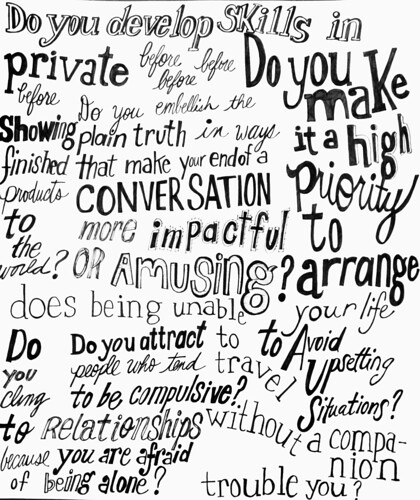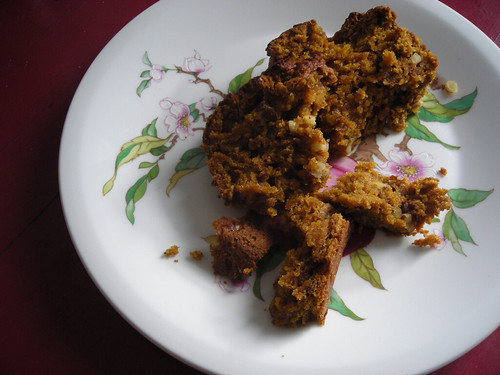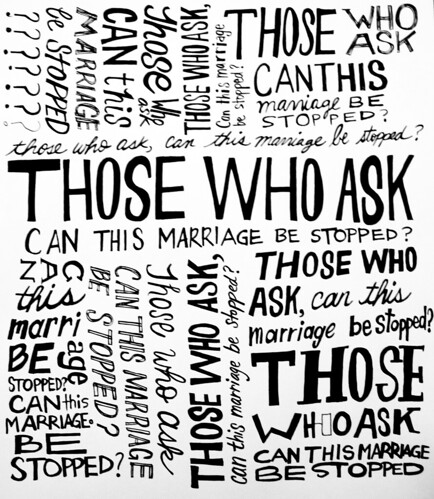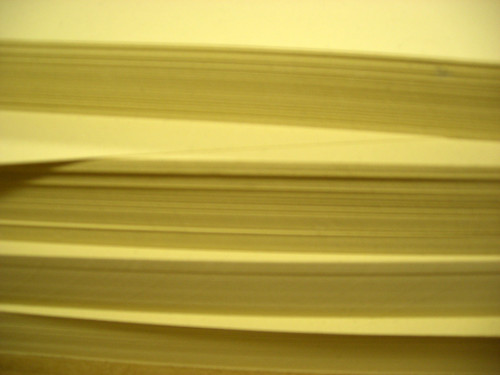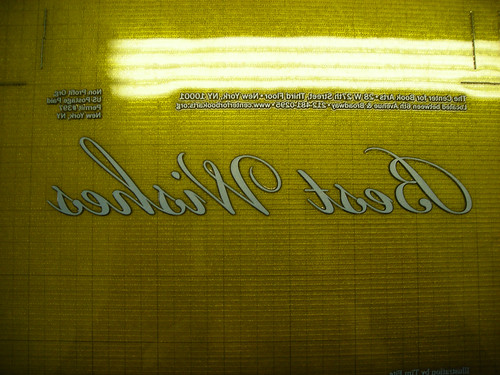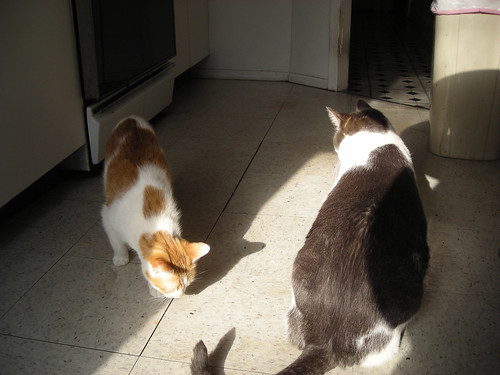
I’m two-thirds of the way through this, which is unlike any other food writing I’ve read. MFK Fisher chronicles her gastronomical coming of age through a series of essays, about traveling with others and alone. She writes about food by talking around it, so that she forms a vivid and complete picture of where it sits within a whole life. It’s part cultural history, part natural history, part autobiography. And she has the most distinctive voice:
She was a stupid woman, and an aggravating one, and although I did not like her physically I grew to be deeply fond of her and even admiring of her. For years we wrote long and affectionate letters, and on the few times I returned to Dijon we fell into each other’s arms…and then within a few minutes I would be upset and secretly angry at her dullness, her insane pretenses, and all her courage and her loyal blind love would be forgotten until I was away from her again.
She writes about people more than she writes about food, though the food is there, and it tells you about the people serving it or eating it with her, but there’s absolutely no sentiment in her descriptions of either. She talks about running away from too many fine gourmet dining experiences in Dijon, farming in Switzerland with her second husband and feeling enslaved by the land. She believes in the ideal of eating well, but knows that most people and lives and experiences fall far short. I love that push and pull, that dense sense of knowledge about pleasure.
Next I plan to read How to Cook a Wolf, about cooking and eating well on a WWII rationing-era budget. I figure we could all learn something there.

